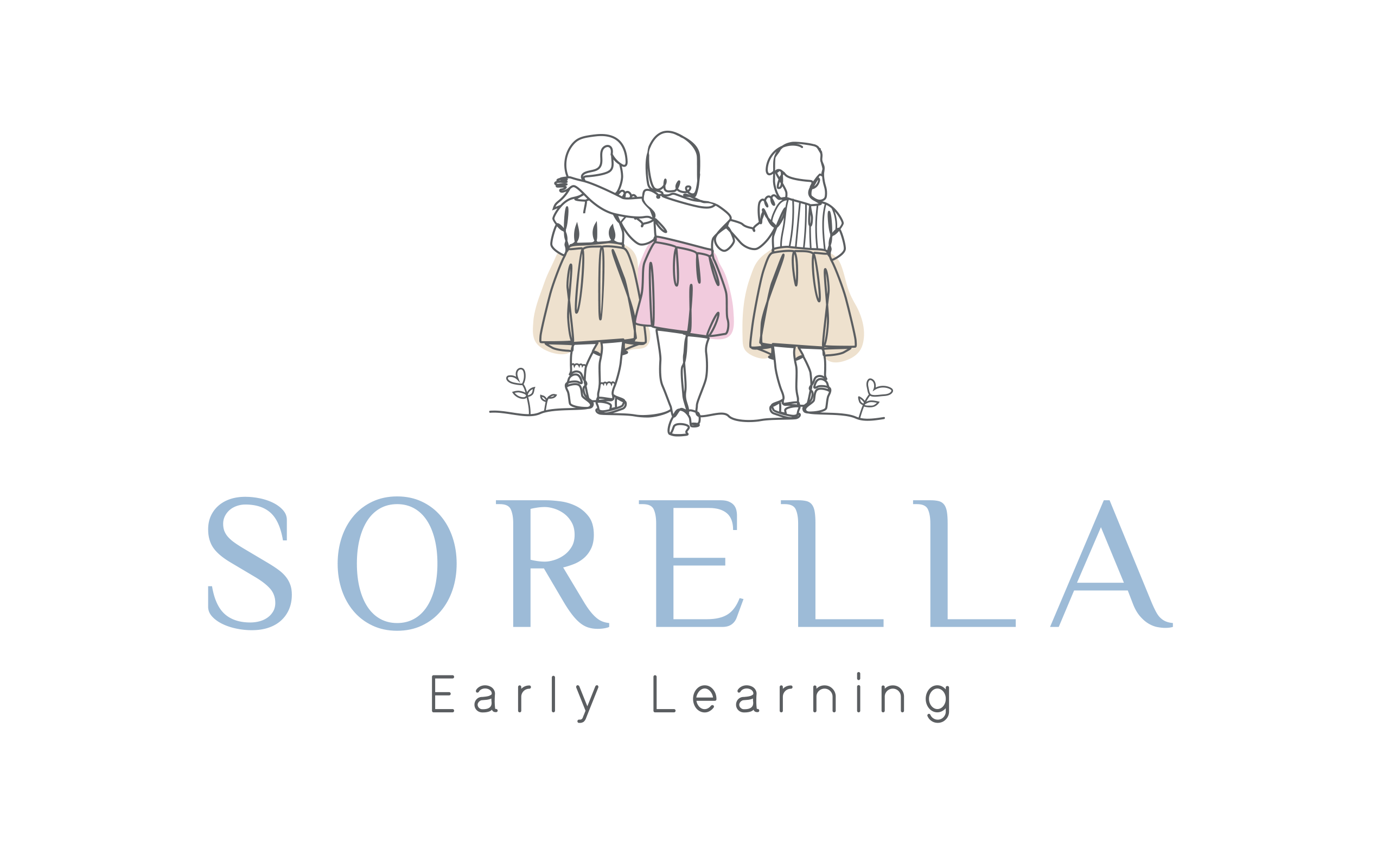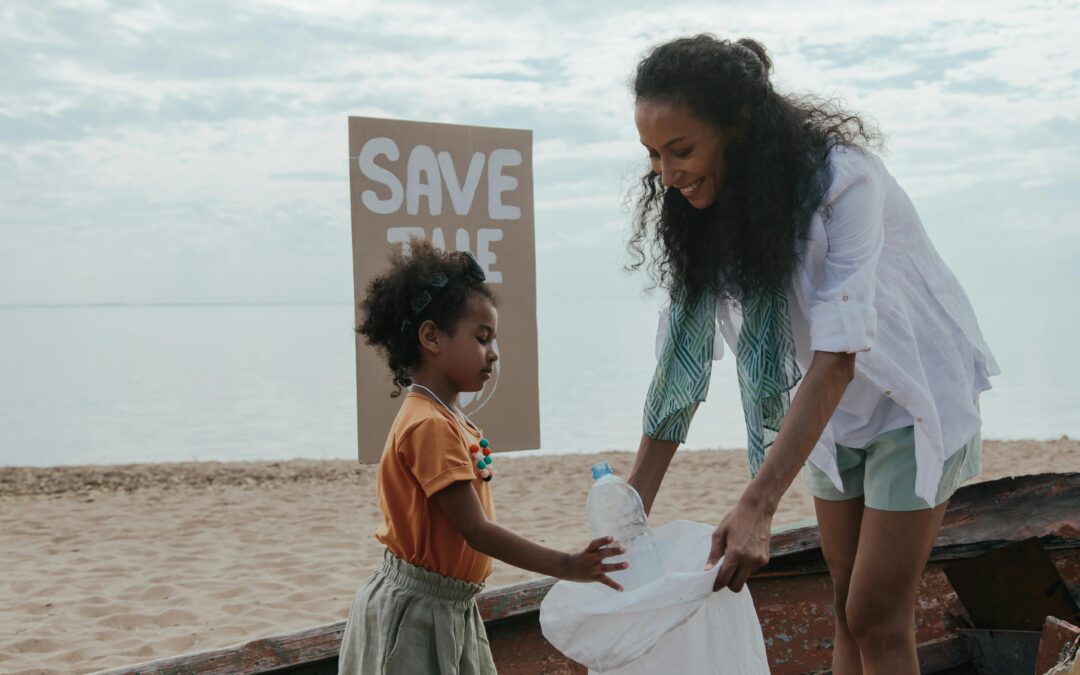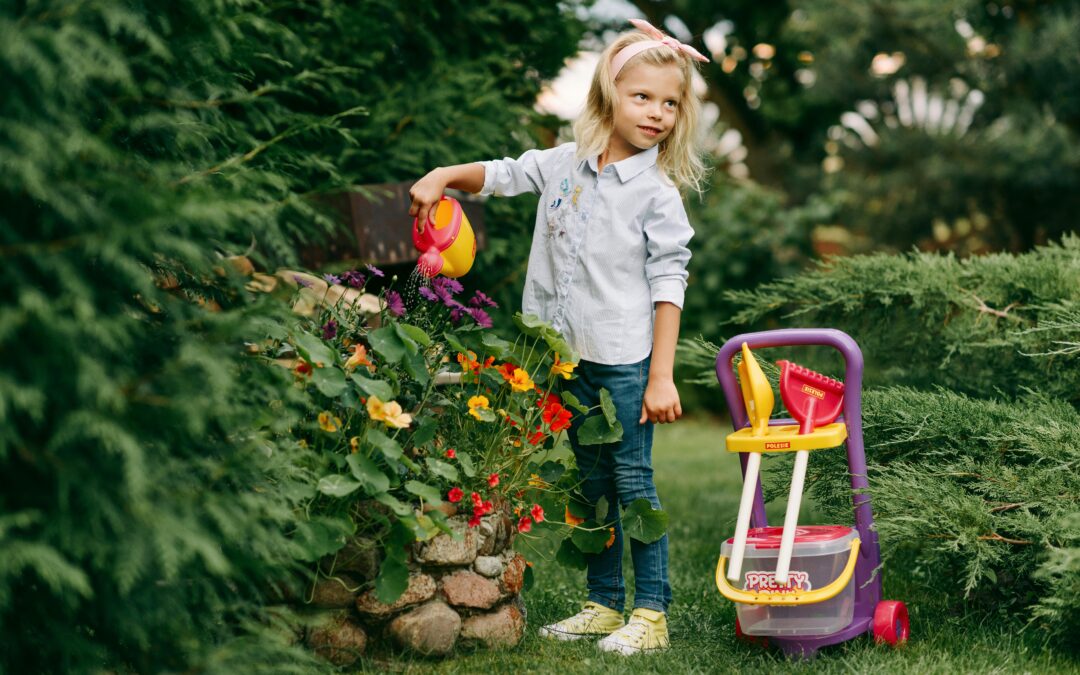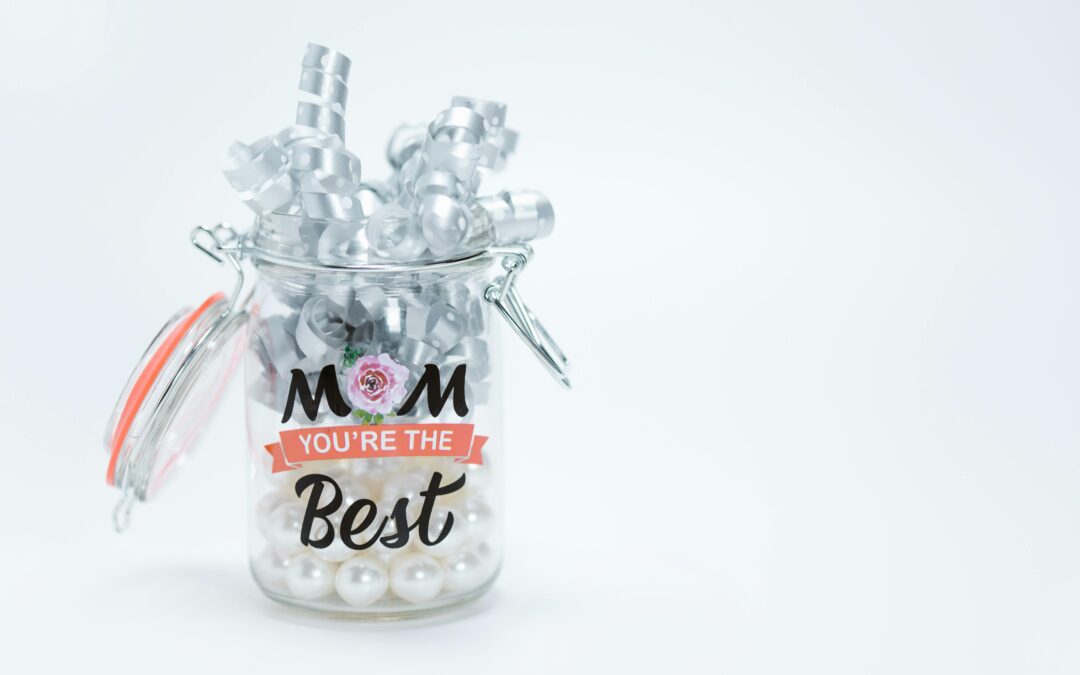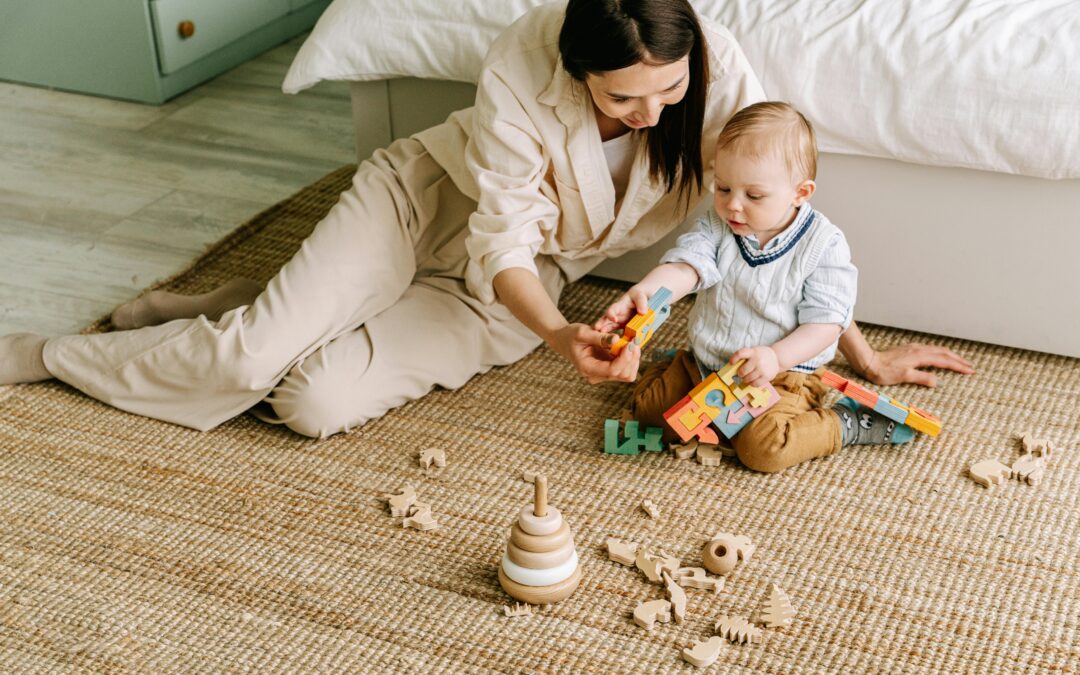At Sorella Early Learning, we see the outdoors as a natural extension of the classroom. It is a vibrant, living space where learning comes alive through movement, exploration and hands-on discovery. Our outdoor environments are carefully planned to support each child’s physical, social, emotional and cognitive development, while fostering a deep and lasting connection with the natural world.
We believe children thrive when they are given the opportunity to engage with their surroundings in meaningful and sensory-rich ways. That is why outdoor play is such an important part of our daily rhythm. It offers countless opportunities for children to develop new skills, build confidence and experience the joy of learning in an environment that is both stimulating and calming.
Outdoor Play in Early Childhood: Encouraging Growth Through Exploration
Our outdoor learning spaces at Sorella are filled with thoughtfully curated experiences that invite movement, imagination and inquiry. Children might navigate obstacle courses made from natural materials, help tend to the garden, mix and create in the mud kitchen or take part in sensory walks through different textures and surfaces.
These experiences support the development of gross motor skills, coordination, creativity and resilience. They also offer space for risk-taking and problem-solving, both of which are essential for building confidence and independence. According to the Australian Department of Health, regular outdoor play helps children maintain physical fitness while also supporting their mental health and emotional wellbeing.
At Sorella, we view time outside as essential for healthy development. It gives children the freedom to explore their environment, test their abilities and connect with nature in meaningful ways.
Nature-Based Learning: A Sensory Approach to Understanding the World
Nature offers an endless source of inspiration and wonder for young learners. At Sorella, children are encouraged to engage with the outdoors using all of their senses. They might smell herbs in the garden, observe insects moving through the soil or collect leaves and rocks to compare and sort.
These everyday interactions lay the foundation for early science concepts and promote language development and curiosity. They also help children feel connected to the environment, encouraging a sense of responsibility and care for the natural world.
We are proud to offer a program that places such a strong emphasis on nature-based learning. By immersing children in rich, real-world experiences, we support their overall development in a way that feels joyful and purposeful.
Building Social and Emotional Skills Through Outdoor Experiences
Outdoor learning also supports children’s social and emotional growth. In the natural environment, children learn to collaborate, negotiate and work together as they build, create or play. Whether they are constructing a fort, taking turns on climbing equipment or engaging in role play, these moments provide valuable opportunities for developing empathy, communication and teamwork.
Our educators are always nearby to guide and support these interactions. With gentle encouragement, thoughtful questions and consistent routines, we help children build the social skills they need to form positive relationships and express their emotions confidently.
Extending Outdoor Learning Into the Home
The benefits of outdoor learning do not stop when the day ends. We encourage families to continue this exploration at home by making time for nature walks, gardening together, visiting local parks or simply enjoying a picnic in the backyard. These shared moments help reinforce the value of outdoor play and offer quality time for connection and discovery.
By making outdoor exploration part of everyday life, families can help children build a strong foundation for lifelong learning and wellbeing.
At Sorella, we are passionate about providing meaningful early learning experiences that support the whole child. Our outdoor program is an important part of this, offering opportunities to move, explore, imagine and connect.
If you are looking for an early learning centre that values nature, learning through discovery and the joy of outdoor play, we invite you to book a tour and discover the Sorella difference.
Let your child grow, explore and thrive in a space where nature and learning come together.

